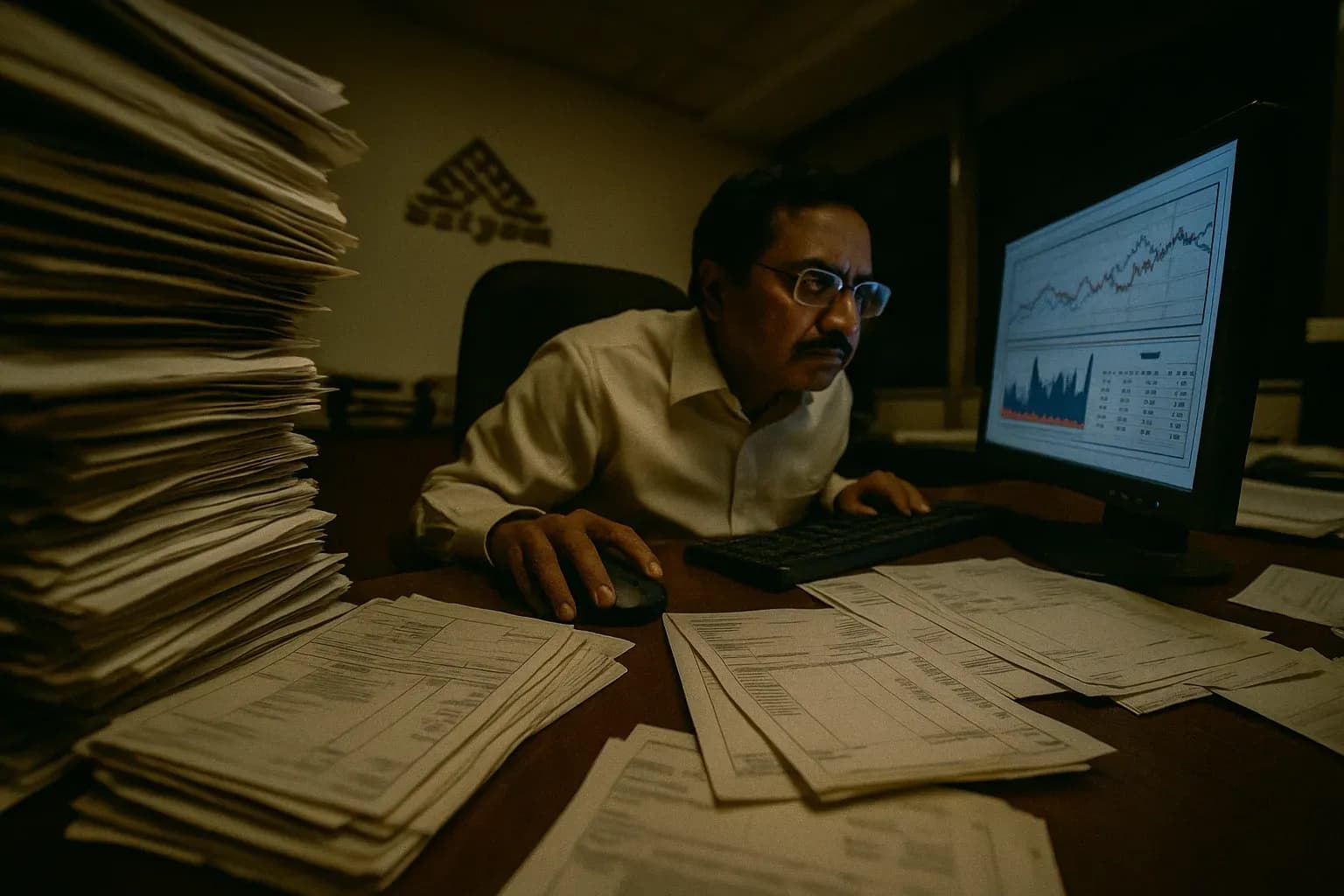
Manipulation
The invisible weapons criminals use to control and deceive
What is manipulation in true crime? Understand the insidious tactics, from gaslighting to lies, criminals use to break down and control their victims.
The invisible weapons criminals use to control and deceive
What is manipulation, and why is it so dangerous?
In the context of true crime, manipulation is a perpetrator's deliberate and often insidious attempt to influence or control others' thoughts, feelings, or actions for personal gain – typically to commit or conceal a crime, or to escape its consequences. This form of psychological warfare is not always overt but rather a gradual undermining of the victim's will and perception of reality, making it a particularly dangerous tool in criminal hands. It often leaves victims confused and unable to recognize the danger until it is too late.
The manipulator's methods: Charm to crushing gaslighting
Perpetrators who use manipulation – a behavior often seen in individuals with personality traits associated with psychopathy, for example – employ a wide spectrum of tactics. These include charm, lies, flattery, guilt-tripping, threats of isolation, or even gaslighting, where the victim is systematically made to doubt their own memory and judgment. The goal of this psychological manipulation is to gain control, whether to defraud the victim of assets, force them into silence, secure their complicity in criminal acts, or keep them in a harmful relationship. The effect on victims can be devastating, as manipulation attacks their self-esteem and ability to trust their own instincts, complicating their path to justice and healing after the crime.
Manipulation's role in probes: Key to understanding dynamics
Understanding manipulation is therefore crucial within true crime and the study of criminology, as it not only illuminates the perpetrator's modus operandi but also the complex psychological dynamics between perpetrator and victim. It reveals how seemingly strong individuals can become victims and underscores the challenges investigators face in uncovering and proving this often invisible form of abuse, which is an essential part of many types of crime. The many faces of manipulation and its profound psychological impact, often studied within forensic psychology and criminology, make it a persistent and complex element in criminal cases and a central object of study for those seeking to understand the darker sides of crime.
What does manipulation look like in practice? Explore cases of insidious control and gaslighting. Read our harrowing cases on Manipulation below.
Posts Tagged “Manipulation”
59 postsShowing first 20 of 59 posts. Use search or filters to find more.



.webp&w=3840&q=75)















